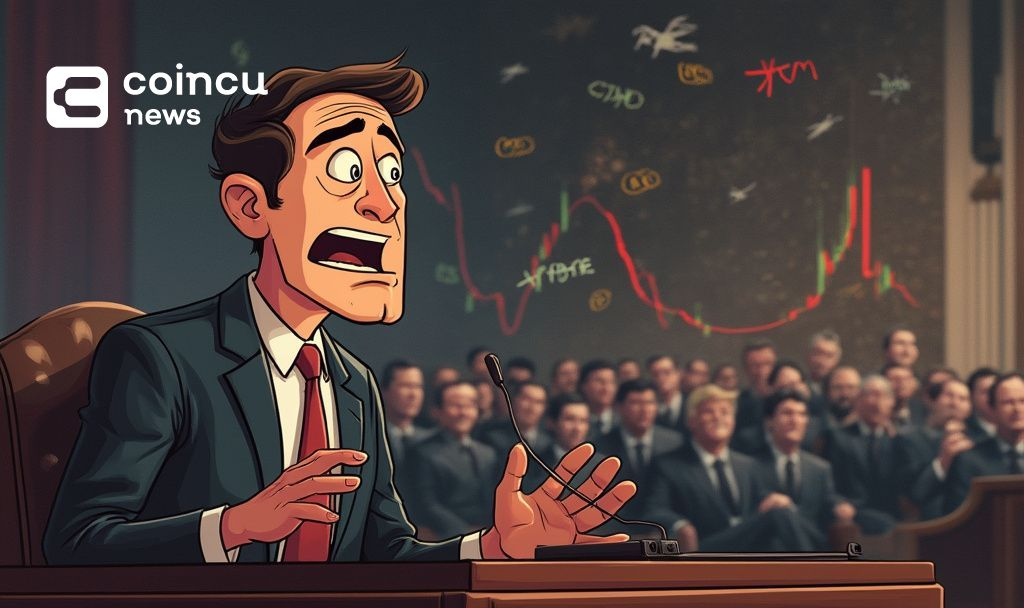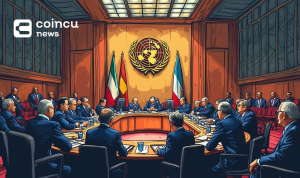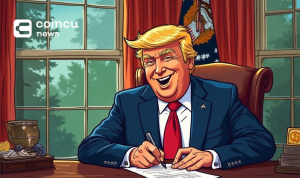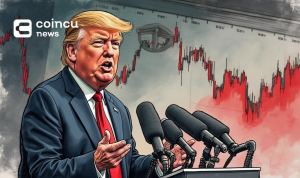- Greer’s testimony addresses global tariffs, economic concerns, and market impacts.
- Market volatility and trade disruptions have resulted from tariff policies.
- GOP splits on Trump’s tariff strategy amid legislative pushbacks.

U.S. Trade Representative Jamieson Greer testified on April 8, 2025, before the Senate Finance Committee, marking the first opportunity for Congress to engage directly with an official over the Trump administration’s tariff strategy.
Greer’s testimony is pivotal as lawmakers worry about the tariffs’ long-term economic impacts, including market stability and international relations.
Greer Highlights Tariffs’ Role in U.S. Manufacturing Defense
Greer’s appearance marked the first congressional testimony since the administration implemented a broad range of tariffs. Greer defended the measures as necessary reforms and pivotal for protecting U.S. manufacturing jobs. He cited trade concessions from countries like Argentina and Israel as preliminary benefits.
The tariffs have resulted in significant market volatility, with ongoing fears about a sustained trade war affecting investor confidence. Concerns continue over increased consumer prices and reduced global trade activities. Bipartisan legislative actions propose requirements for presidential consultation with Congress on tariff decisions, though Trump’s veto threat casts doubt on these efforts.
Notably, market reactions have been stark, reflecting uncertainty. Some Republican lawmakers, including Senators Chuck Grassley and Maria Cantwell, introduced legislation to curb unilateral tariff impositions. However, Republican leadership remains largely in support of Trump’s approach, complicating counter-efforts.
Historical Trade Decisions and Current Economic Concerns
Did you know? The U.S.’s approach to tariffs has historical parallels with its acceptance of China’s WTO entry in 2001, viewed now as a critical decision affecting manufacturing job dynamics.
Previous trade policy shifts, like China’s WTO entry in 2001, are often cited as key moments with long-lasting ramifications. Greer aimed to correct past missteps, citing these tariffs as a way to address the trade deficit creatively. Greer stated, “Our goal is to move toward an economy focused on producing tangible goods rather than relying mainly on the financial sector and government spending.”
Ongoing discussions emphasize the possibility of further legislative actions if tariff impact assessments show negative outcomes. Analysts remain concerned about trade disruptions, particularly from China, which has signaled potential retaliation. The focus on protecting domestic industries continues to be a central theme in current U.S. trade policy dialogues.
























